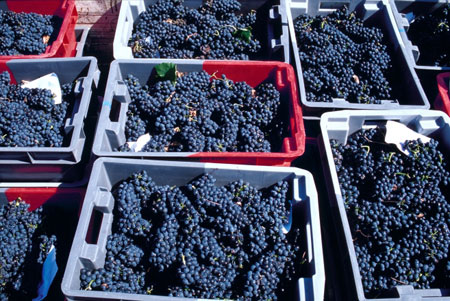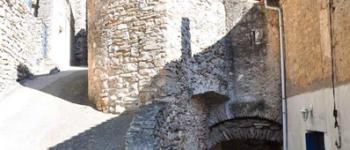
You may have driven along this road between the Etang de Thau and the beach at Marseillan, in the Hérault region, without realizing that it's home to a vineyard that's unique in the world.
It's here that the Centre de Ressources Biologiques de la Vigne (CRB-Vigne) in Vassal-Montpellier houses France's central ampelographic collection. Its size and wealth make it the benchmark conservatory at international level.
Created in 1876 at the Montpellier School of Agriculture (now the Institut Agro Montpellier), the collection has been housed at the Domaine de Vassal in Marseillan-plage since 1949, where it has been progressively enriched. Today, it comprises around 8,500 accessions from some fifty countries.
Over the last 140 years, the collection has been constantly enriched by donations (from former local collections, winegrowers, nurserymen, amateurs, etc.) and by various surveys carried out in France with regional partners and abroad by scientists or research institutes. The acquisition, description and rigorous identification of numerous grape varieties was given a decisive boost by Paul Truel, who was director from 1954 to 1985.
Today, the conservatory includes vines from 54 wine-producing countries, representing: 2,700 grape varieties, 350 lambrusks, 1,100 interspecific hybrids, 400 rootstocks and 60 species of Vitaceae. This richness and diversity make the ampelographic collection unique in the world.
The vines are rooted in the sand, protected from any risk of contamination and from the dreaded phyloxera whose ravages two centuries ago were the very reason for the creation of this conservatory.
Today, forgotten grape varieties such as Chardonnay, Pinot and Merlot flourish on 27 hectares.
Four hundred new varieties are produced each year. Many of the great names in French wine have made a habit of coming here to unearth "forgotten" grape varieties.
The Plageoles family from Gaillac, in the Tarn region, has even made a specialty of it. Their aim is to give new life to wines from another age, using indigenous grape varieties - Ondenc, Prunelard, Verdanel or Mauzac - preserved at Vassal.
Meanwhile, the Domaine de Vassal continues to enrich its own collection. Every year, some 80 "samples" arrive at the estate in the hope of being identified. These cuttings are brought in by winegrowers who want to know the origin of a few atypical plants in their plots. Or by scientists on "wild" explorations in the garrigue or mountains.
They may also have been sent by a South African or Georgian institute, which relies on Vassal to preserve them.
Domaine de Vassal experimental unit
Route de Sète
34340 Marseillan Plage
Tel.: 04 67 21 91 81
http://www1.montpellier.inra.fr/vassal/
Translated with DeepL.com
(free version)



